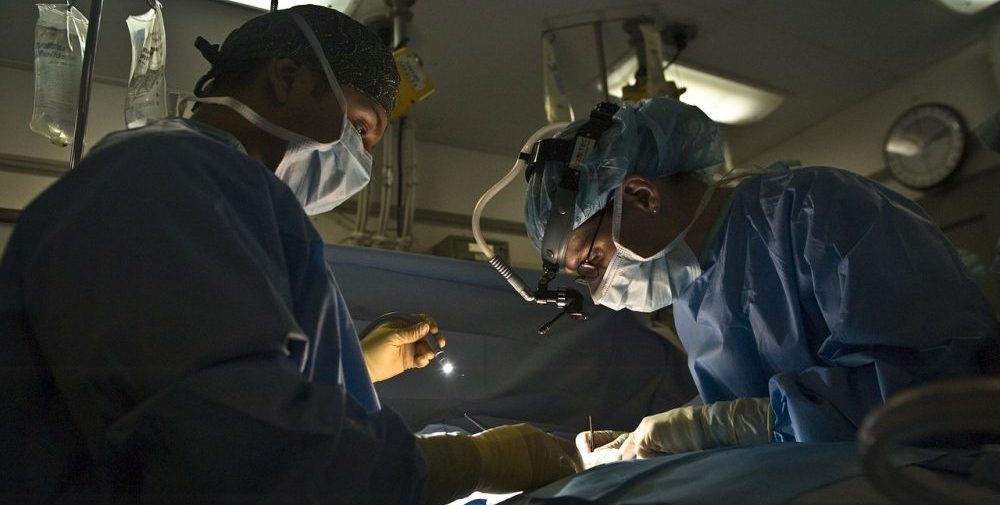Wisdom teeth, also known as third molars or permanent teeth, are located between the primary teeth. They usually emerge in an adult’s mouth when they first begin to grow. People usually get wisdom tooth removal treatment when they reach the age of forty.
If wisdom teeth grow out properly fit into the jawbone, they may remain unaffected. But, if the wisdom tooth grows crooked or too large in size, it can create irritation and bleeding around the gums and the surrounding teeth.
When the wisdom tooth grows out too large, this creates a very dangerous situation. This is because the wisdom tooth can become impacted, and will have a tendency to slip back into the mouth during eating or speaking. It is not uncommon for a person to experience severe pain after having this happen. This can also cause an issue with the person’s ability to chew, swallow and digest food.
This is why wisdom tooth removal is often done by a dentist. The removal procedure consists of getting rid of the impacted wisdom tooth, and then using an instrument to remove the roots of the remaining teeth. When a dentist performs wisdom tooth removal, he or she will likely use either a laser or an ultrasonic device to remove the impacted wisdom tooth and remove the roots as well.
However, there are times when wisdom tooth removal may not work as well as you would like. Sometimes, when a person has more than one wisdom tooth and this increases the risk for infection, the wisdom tooth removal process may not be as effective. Also, when a wisdom tooth grows in size and becomes an issue, it can cause irritation and even bleeding around the surrounding teeth.
When you notice that you have a large and growing wisdom tooth, talk to your dentist about getting it removed. There are times when wisdom tooth removal surgery may not be necessary or effective. In addition, there are other options such as tooth whitening, caps, and bridges that can help you with these issues.
One of the most common reasons why a wisdom tooth removal is recommended is because of the potential for infection. These bacteria are able to build up on the teeth over time, especially when a person has an improperly fitting denture or dentures that do not fit properly. When this happens, it is likely that a person will develop gum disease, abscesses, and the growth of bacteria that can cause infection to occur on the teeth.
There are some oral surgeons that do recommend that a wisdom tooth removal procedure is done only if a person has an open tooth or a broken crown. Because there are potential complications from a dental extraction, it is usually best to let a dentist take care of the situation before trying to remove the entire tooth.
After the wisdom tooth removal is completed, the patient should not be tempted to eat spicy foods or beverages that contain garlic or onions because these can make the problem worse. If you are experiencing pain, you should try to keep moving your jaw while eating so that the gums do not get irritated. You will also want to make sure that you keep your teeth clean.

